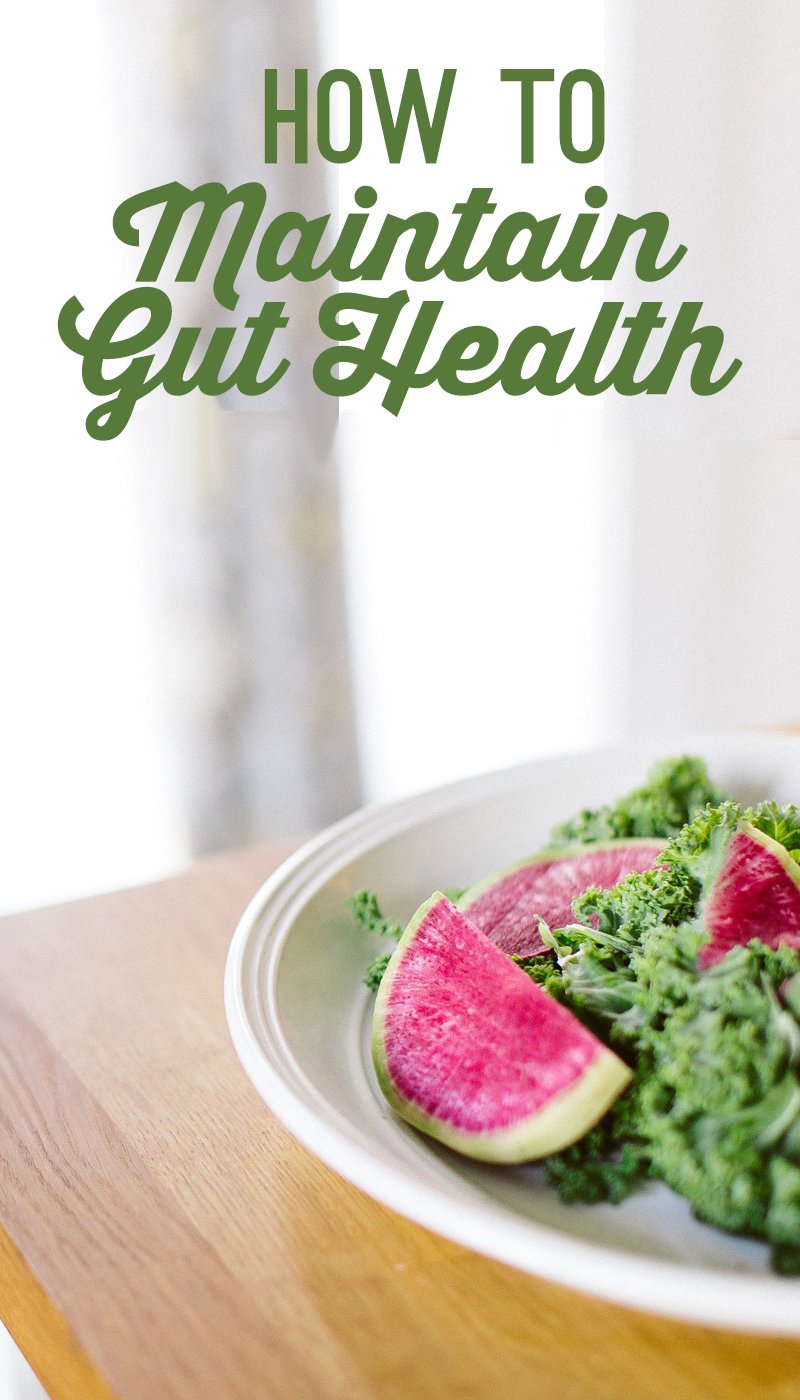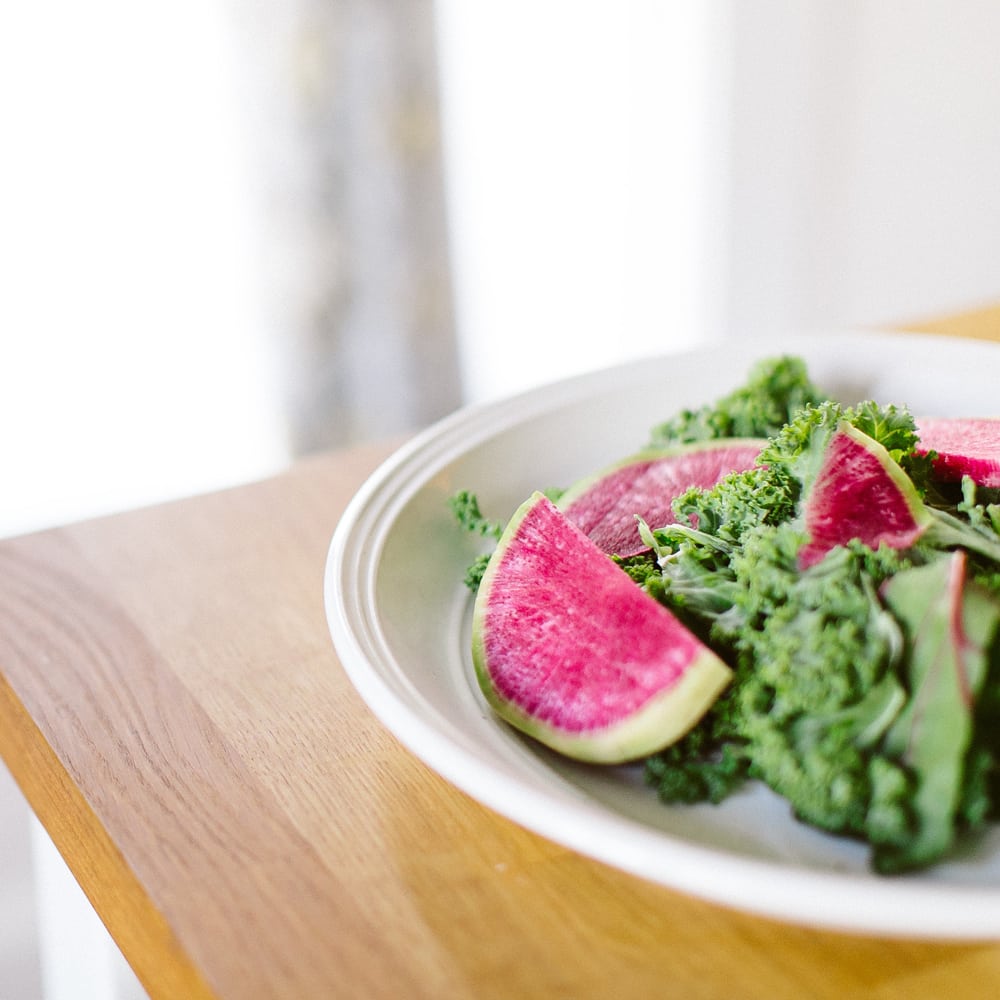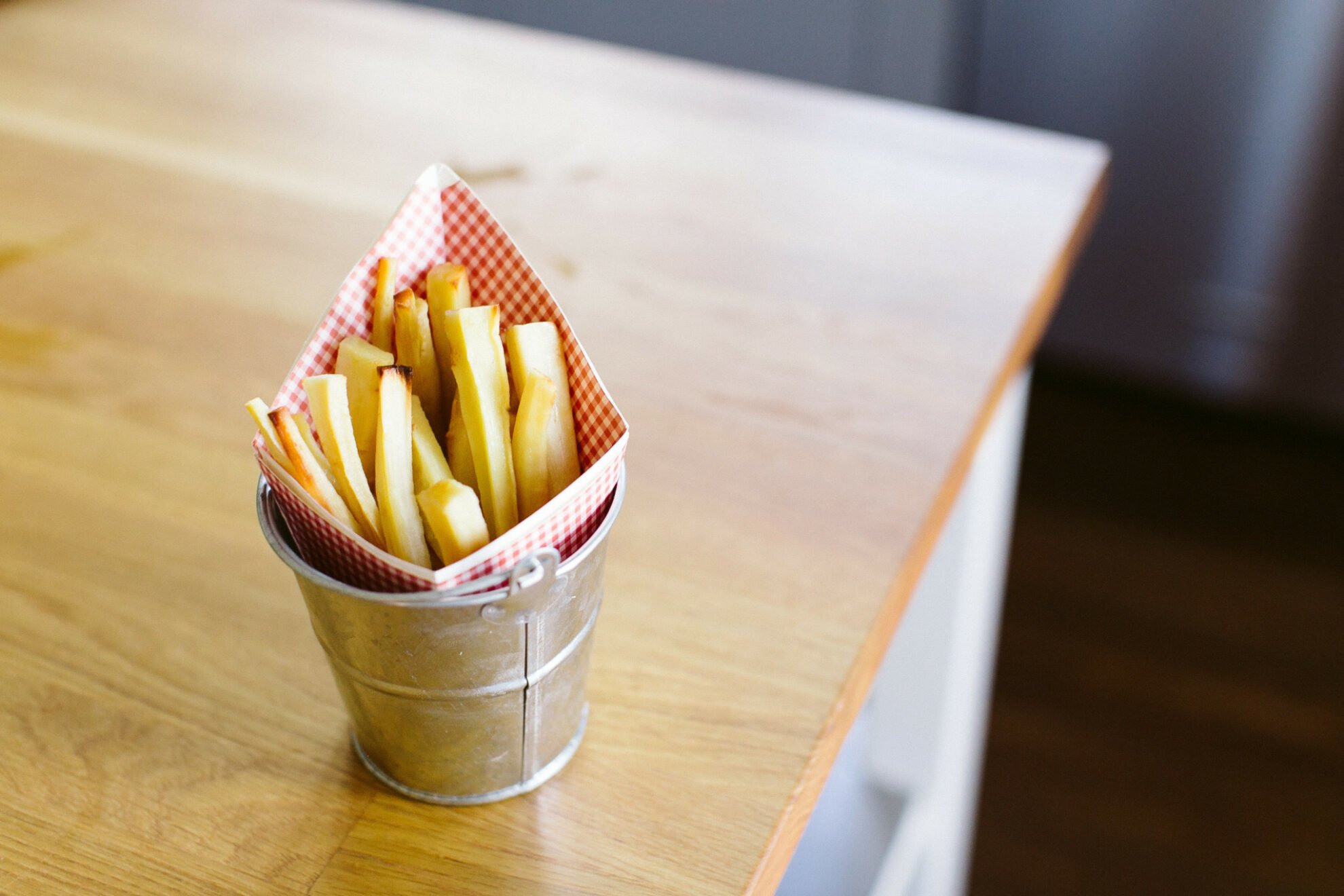How To Maintain Gut Health At Every Stage of Healing
I’m coming up on my eight year anniversary of first showing major symptoms of Hashimoto’s, which is what eventually launched me into a gut healing journey that lasted years. Though I’m less than a decade in to diagnosed autoimmune disease, my gut health problems lasted a lifetime. From chronic ear infections, to mystery hives, to the tendency to binge after meals as a result of being undernourished, I had every symptom of hidden gut problems my whole life. And really, most people that I talk to about it shares some of my story and symptoms and has gut problems that they’re either addressed or are still oblivious to. It’s incredibly common to have gut issues and go on a gut healing journey.
My journey was littered with mistakes, and took way longer than it should’ve, but I eventually experienced a certain level of healing where I could enjoy everyday foods, and see a huge reduction in my symptoms. I’ve seen tons of doctors, drowned myself in bone broth, and even became a nutritional therapist myself… and it was all worth it.
Though I’ve healed immensely, that doesn’t mean the gut healing journey is over.
Regardless of the level of healing that we reach, it’s important to maintain our gut health. The work isn’t done at some arbitrary time when we can suddenly tolerate egg yolks again, nor is it done when we just get sick of it.
Living with good gut health in mind is a lifestyle that’s crucial for those of us with autoimmune disease… but really, everyone can benefit from it. So, how do you do it?
1.Keep up the gut healing foods and nutrient density.
You guys know how I big puffy heart bone broth. Bone broth is one of the paramount foods for gut healing, but there are also others. I talk about five more foods to support gut health in this post, but to recap… eat for nutrient density.
We all too often can eat to stay full or energized, but this means little in the long run. Eat the foods that literally nourish your cells and build up your body and your health.
Even if you don’t follow a Wahl’s Protocol, there’s so much to be learned from it! Dr. Terry Wahl’s healed from MS with eating a wide variety of nutrient dense foods and up to 9 cups of vegetables a day. Leafy greens, colorful veggies, and sulfur rich vegetables as well as wild caught fish, organ meats and healthy fats are the base of this protocol, and we could all benefit from these principles!
2. Remember that you don’t need the junky food… enjoy healthy treats.
One of my biggest pet peeves that society forces us to believe is that we need junk food every now and then to stay sane. Healthy diets are all fine and good, but everyone needs a sleeve of double stuffed oreo’s of we’ll lose it. That mentality is exactly what creates the feeling for a need for splurges and nutrient void food that are completely unnecessary.
Our ancestors lived for thousands of years without Starbucks or fast food and they were literally fine. Junky food is not necessary for life, and it did me in for years on my gut healing journey. I would tell myself that I just needed the french fries or the burrito. However, it would set my gut health back weeks and force me into a cravings spiral that just continued to grow. That is, until I was honest with myself that I didn’t need the fake food to be happy.
That’s not to say that we shouldn’t treat ourselves! I firmly believe that we can treat ourselves without eating something from a package. So what are some ideas for treating ourselves without junky food?
Real food treats exist as well! I love indulging in fresh seasonal fruit like figs, peaches, cherries, and grapes. I also love me some, homemade chocolate collagen bites, and seasonal goodness like hot “chocolate” and starchy comfort food like parsnip fries… the list goes on!
Not to mention that non-food treats like spa trips, movies, and quality time with family and friends are always way underrated as well.
3. Keep working with a trusted expert a few times a year.
Even when we’ve experienced a certain level of healing, that doesn’t mean that we have to give up on checking in with a nutritionist, functional medicine doctor, or even a therapist.
Even though I’m a nutritional therapist myself, I still have my own practitioner that I see to help keep up with any health changes I have and make sure that my maintenance protocols are appropriate. You don’t have to have a flare to need a change in protocol and working with a doctor, or expert is the best way to do it. I try to be careful to never treat myself 100% and trust outside opinions.
Of course, can learn a lot from each other on podcasts, blogs, and in books. These resources are priceless, and incredibly helpful. I’ve benefited so much from the advice, recipes and ideas I’ve gotten from likeminded folks online. However, it’s not as personalized as working with a professional.
4. Feed friendly gut bacteria.
There are so many things that we don’t fully understand about gut bacteria as science is just scratching the surface on it. However, what we do know is that our gut bacteria is an incredibly important factor in our gut health.
Though it’s incredibly individualized, the most solid advice that I can give to a general audience is to eat fermented foods on a daily basis, and find a good quality probiotic to rotate.
Probiotic foods can be store-bought in the refrigerated section like sauerkraut, or the ever so popular gut shot drinks. I also recommend branching out into trying your own like my ginger beet kvass which is great for digestion!
5. Say goodbye to unnecessary stress & eat in a relaxed state.
The stress that we put on ourselves can be just as harmful to our health as that fast food.
Stress greatly effects healthy digestion which is the key to a healthy gut. We have to be in a relaxed state to digest, and we have to digest properly to have a healthy gut. If we’re chronically stressed and eating on the run, or eating in front of a TV that’s stressing us out, we deal with poor digestion as a result.
I lead a corporate wellness program where I challenged participants (myself included) to focus on sitting down, chewing 30-40 times and eating in a relaxed state to properly digest. Needless to say, that sounds ridiculous, but all of the work that we do on eating a good diet can be wasted if we’re stressed out and not digesting.
Life stress in general is also a huge factor in our health. It harms our hormone balance, and overall mental health and immunity. I ask my nutritional therapy clients to think of at least one thing that they have in their life that’s stressing them out that they don’t actually need to be doing. We all have the initial thought that there’s nothing… it’s all necessary. However, be honest with yourself… is that book club that you go to worth it? What about that side gig? Is it worth all of the extra effort and stress that it adds to your day?
I also ask my clients to find any time possible during the week to just take time to themselves. For some that may be a full day, some a half day, some only 10-15 minutes, but it’s something. Any time spent de-stressing is time well spent!
6. Enjoy life.
On the same breath of avoiding stressors when possible… have fun and be happy! I’m not going to say that being a happy person improves your microflora by 79% or anything weird like that… but I will tell you that it just makes you a healthier human being.
Being chronically ill and having to tip toe around life events with food allergies is hard and I know it. However, when we mentally get past those things and don’t let it get in the way of our happiness, something awesome happens… we get to live our lives and enjoy them.
One of my favorite things to remind myself in in Proverbs 17:22, “A cheerful heart is good medicine, but a crushed spirit dries up the bones.” Embracing happiness is good medicine!
All in all, remember that gut health is a life long practice! Not a 30 day protocol, and not something to be taken for granted!
Love your gut, love yourself, friends <3




